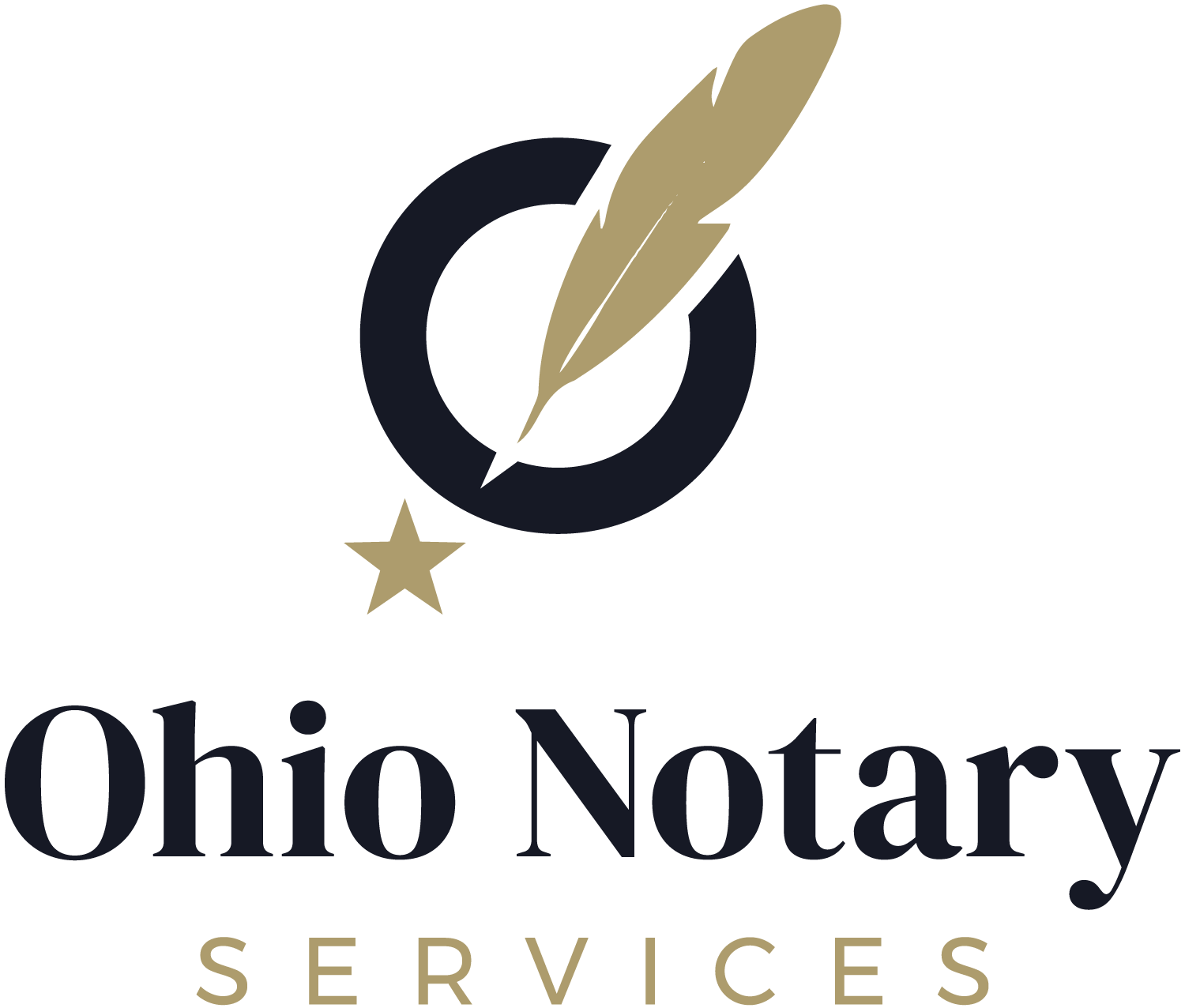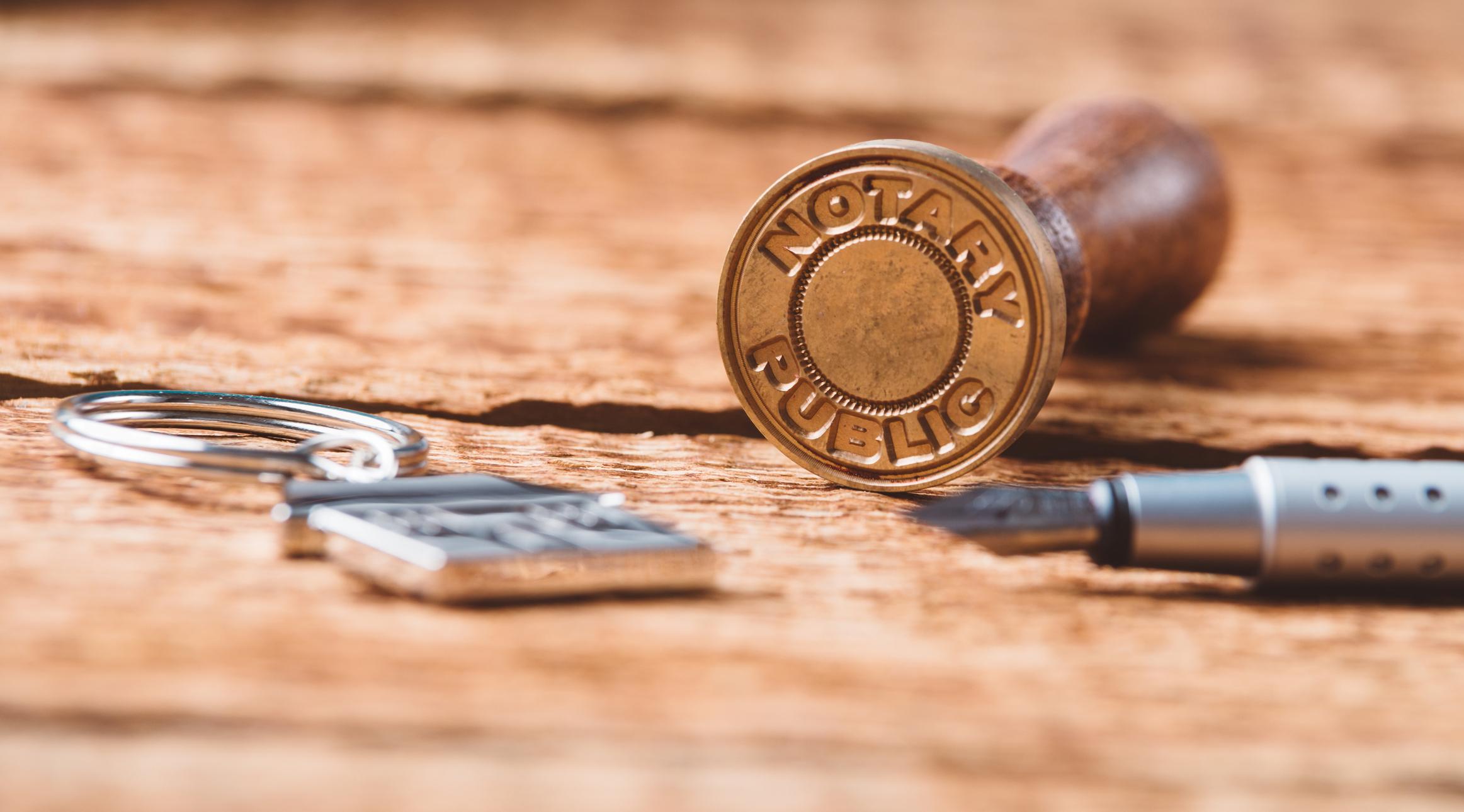Notary Public: Your Trusted Witness and Record Authenticator
Notary Public: Your Trusted Witness and Record Authenticator
Blog Article
Debunking Notarial Work: Simplifying the Role and Relevance of Notaries
Their function, commonly shrouded in secret for lots of, brings considerable weight in making sure the legitimacy and integrity of important records. By deciphering the intricacies surrounding notarial practices and losing light on the significance of their acts, a more clear understanding arises of the important role notaries play in upholding the textile of lawful and contractual agreements.
The History of Notarial Job
Just how did notarial work develop in time to become an important component of legal and company deals? The background of notarial work go back to ancient human beings, where scribes played an essential function in videotaping crucial information and authenticating files. As cultures advanced, the requirement for a much more formalized system to ensure the legitimacy of agreements emerged. This caused the advancement of notaries, people designated by the state to act as objective witnesses in legal issues.
Throughout the Middle Ages, notaries got prestige in Europe, with their functions expanding to consist of composing lawful files, accrediting trademarks, and preserving documents. The surge of international trade additionally stressed the importance of notarial operate in confirming agreements and agreements across borders.
In the contemporary period, notaries continue to play a vital duty in legal and company purchases by validating identifications, verifying the authenticity of papers, and protecting against scams. Their role in accrediting the credibility of contracts adds a layer of protection and trust fund to the ever-evolving landscape of business and regulation.

Tasks and Duties of Notaries
Notaries play a crucial duty in validating the authenticity of documents and the identification of signatories. One of their main responsibilities is to witness the finalizing of important papers, such as wills, agreements, and actions, to guarantee that all parties are getting in into agreements intentionally and voluntarily.
They certify duplicates of initial documents, giving guarantee to organizations that the duplicates are real reproductions of the originals. On the whole, the responsibilities and duties of notaries are important in protecting the integrity and legitimacy of different files and purchases - Deceased Estate.
Notarial Certificates and Signatures
Exhibiting careful interest to detail, notarial certifications and trademarks work as vital components in validating the credibility of lawful files. Notarial certificates typically have critical info such as the date of registration, the names of the signatures, a summary of the file, and the notary's main seal. These certifications offer a clear record of the notarial act, ensuring that the document can be conveniently recognized and traced back to the notary who oversaw the procedure.
Signatures play a critical duty in notarial job, as they symbolize the arrangement and permission of the events entailed. Notaries thoroughly witness the signing of records to verify the identification of the signatures and verify that webpage they are authorizing of their own free will. By fastening their main seal and signature to the file, notaries license that the needed treatments have been followed which the paper is valid and enforceable.
In significance, notarial certificates and trademarks are the hallmark of authenticity in lawful transactions, supplying guarantee to all parties entailed that the documents are legit and binding.
Importance of Notarial Acts

Notarization Process Discussed
Discussing the notarization process offers clarity on the vital steps included in validating legal files. The notarization procedure typically starts with the specific offering the record to a notary public. The notary after that validates the endorser's identification with acceptable identification methods. Once the identity is verified, the notary makes certain that the private signing the record does so willingly and without any threat.

Final Thought

Notarial certifications normally contain vital see this here details such as the date of notarization, the names of the signatories, try this out a summary of the record, and the notary's main seal. These certifications supply a clear document of the notarial act, making certain that the document can be conveniently identified and mapped back to the notary that oversaw the process.
By fastening their main seal and trademark to the file, notaries license that the necessary procedures have actually been adhered to and that the record is enforceable and legitimate.
By confirming the identification of the signatures, validating their willingness to get in into the arrangement, and licensing the day and area of the finalizing, notaries play an essential role in supporting the validity of lawful records.After the record is authorized, the notary will certainly attach their official seal or stamp onto the document.
Report this page